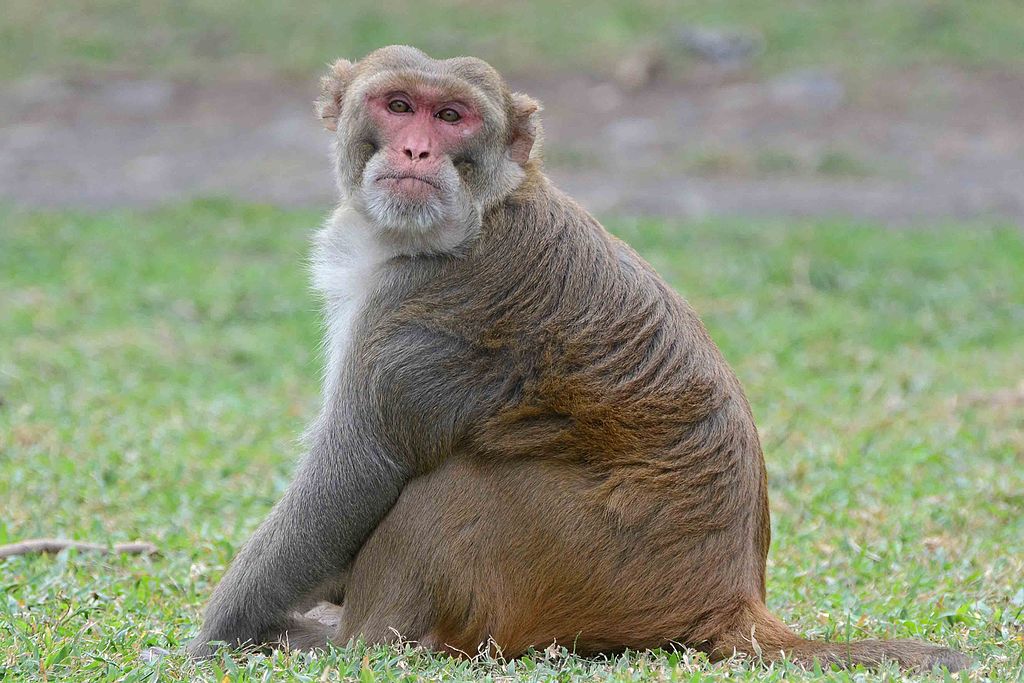At the University of Texas at San Antonio (UTSA), Dr. Marcel Perret-Gentil serves as University Veterinarian & Director of the Laboratory Animal Resources Center (LARC). He is also the Attending Veterinarian of the START Center for Cancer Care in San Antonio and Lester Smith Medical Research Institute.
Dr. Perret-Gentil has published or contributed to 62 papers, articles and abstracts. He has given 394 special presentations at various academic and research institutions, as well as national and international meetings. He serves as ad hoc Specialist for AAALAC International and as consultant to the government, biotechnology industry and other institutions of higher education in the United States and abroad.
LARC provides faculty, staff and students with high quality, cost-effective research animal resources, and advises them on animal experimentation issues and encourages best practices for the responsible use of animals. LARC offers veterinary expertise as well as personnel training in laboratory animal technology and medicine, and also provides a variety of on-demand training handouts and videos.
A major focus of the center is to promote and assure humane care and use of animals through compliance with multiple regulation agencies, established standards, and the respect of the 3 R’s policy:

Dr. Perret-Gentil also puts a lot of importance in breeding mice in the best and safest conditions for both breeders and pups. He wrote a training guide Tips for Successfully Breeding Your Mice and a checklist Breeding Troubleshooting Tips to help researchers and students get the most out of their breeding colonies by treating their mice the right way. The objectives of those training documents are multiple:
Recommendations are provided for mating, pregnancy, parturition and rearing of pups and weanlings, and day-by-day pup description and pictures are shown to help identify the correct age of the pups if needed.
For more information on breeding colony management, download our Best Practices for Rodent Colony Planning, Breeding Support, and Pup Health Guide. To try our products first hand, Request a Sample.
Dr. Perret-Gentil has published or contributed to 62 papers, articles and abstracts. He has given 394 special presentations at various academic and research institutions, as well as national and international meetings. He serves as ad hoc Specialist for AAALAC International and as consultant to the government, biotechnology industry and other institutions of higher education in the United States and abroad.
LARC provides faculty, staff and students with high quality, cost-effective research animal resources, and advises them on animal experimentation issues and encourages best practices for the responsible use of animals. LARC offers veterinary expertise as well as personnel training in laboratory animal technology and medicine, and also provides a variety of on-demand training handouts and videos.
A Focus on Humane Care and Use of Animals
A major focus of the center is to promote and assure humane care and use of animals through compliance with multiple regulation agencies, established standards, and the respect of the 3 R’s policy:
- The Animal Welfare Act
- Office of Laboratory Animal Welfare
- AAALAC International
- University policies

Mouse Breeding Program at UTSA
Dr. Perret-Gentil also puts a lot of importance in breeding mice in the best and safest conditions for both breeders and pups. He wrote a training guide Tips for Successfully Breeding Your Mice and a checklist Breeding Troubleshooting Tips to help researchers and students get the most out of their breeding colonies by treating their mice the right way. The objectives of those training documents are multiple:
- Maximizing pup yield to achieve research goals
- Maximizing quality to produce healthy offspring of the desired genotype
- Minimizing costs, by avoiding excess pups and recognizing poor producers for example
Recommendations are provided for mating, pregnancy, parturition and rearing of pups and weanlings, and day-by-day pup description and pictures are shown to help identify the correct age of the pups if needed.
- Not disturbing the cage 2-3 day post-partum (in some cases longer) is very important as it might lead to cannibalism or rejection of pups.
- External stressors (noise, vibration, light, scents) and variations in the environment (temperature, humidity, pressure) can make some strains hyperactive and decrease breeding performance, so try to limit those as much as possible.
- Enrichment and nesting such as red huts, Enviro-Dri, Nestlets are powerful tools to diminish stress.
- Some strains have higher dietary requirements for breeding. Appropriate nourishment with increased fat and protein content may improve productivity and milk production in a number of strains. Energy dense supplementation may help improve pup yield and survival. LARC staff recommends that Principal Investigators use supplements such as DietGel® Prenatal with high protein content for breeding and lactating rodents or DietGel® Boost, a highly caloric gel to quickly move pups forward. Some Principal Investigators have tried and already adopted those products for their colonies.
For more information on breeding colony management, download our Best Practices for Rodent Colony Planning, Breeding Support, and Pup Health Guide. To try our products first hand, Request a Sample.




Leave a comment
All comments are moderated before being published.
This site is protected by hCaptcha and the hCaptcha Privacy Policy and Terms of Service apply.